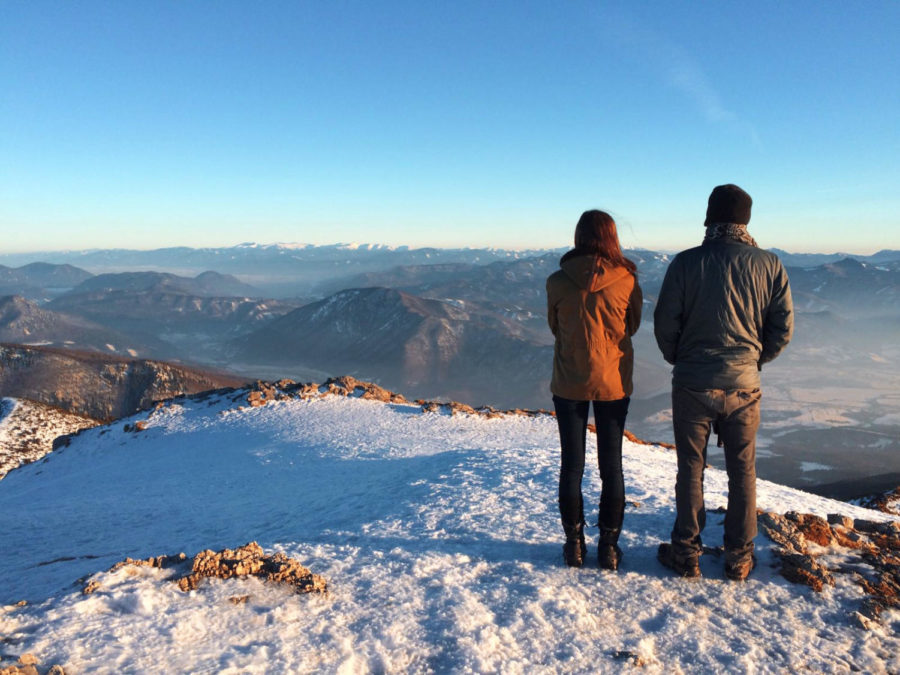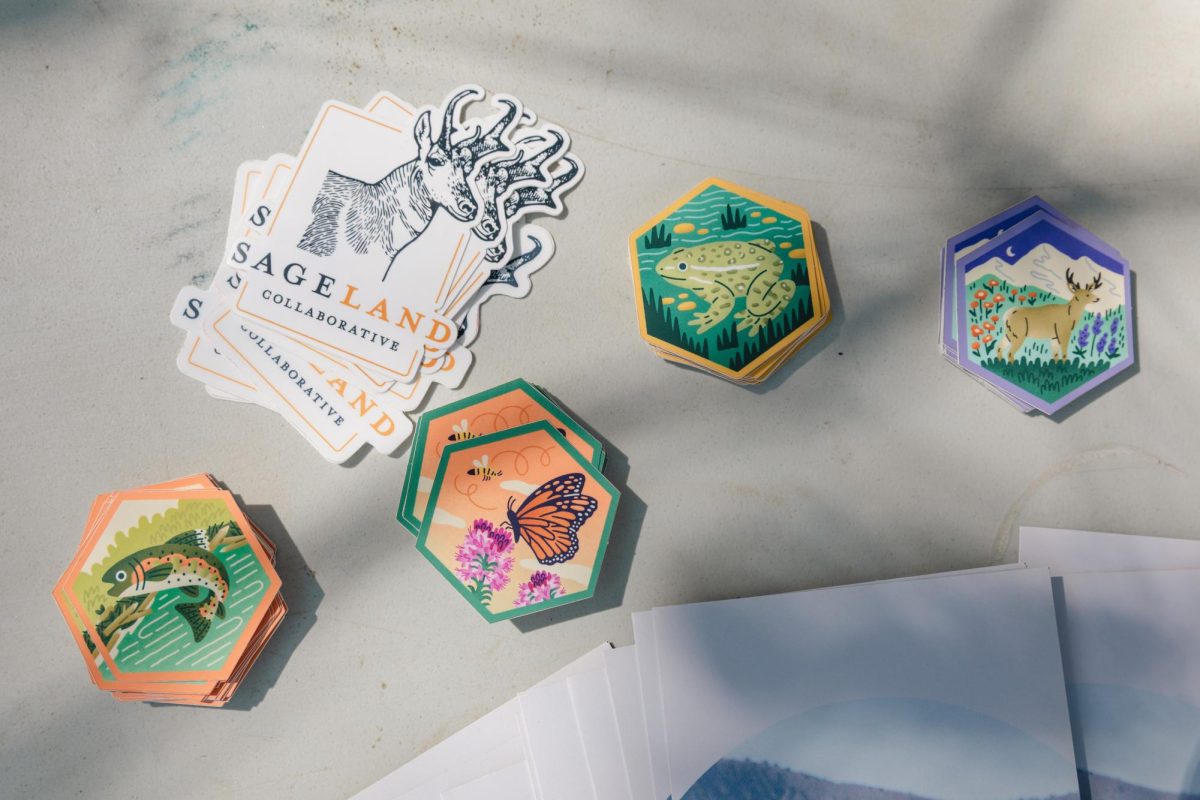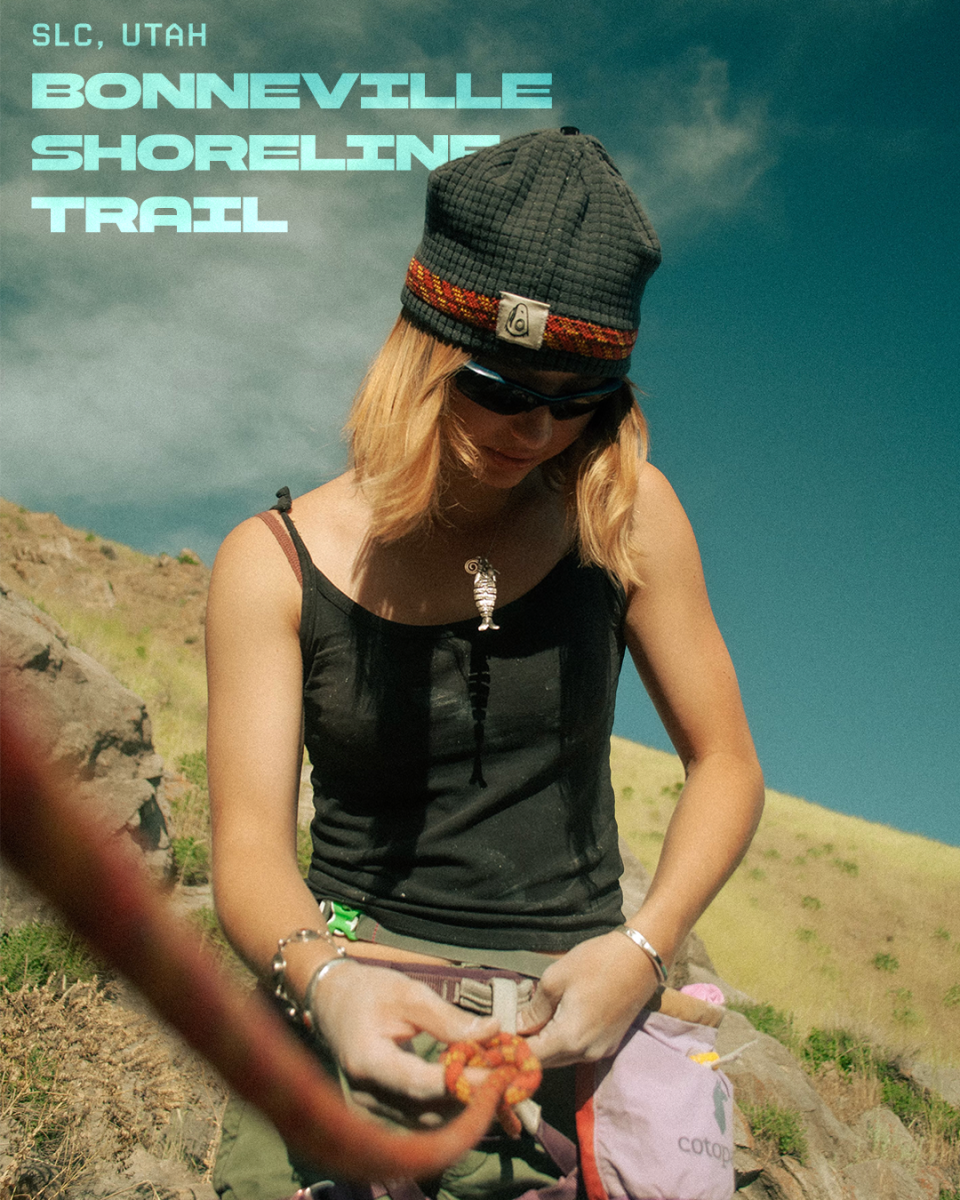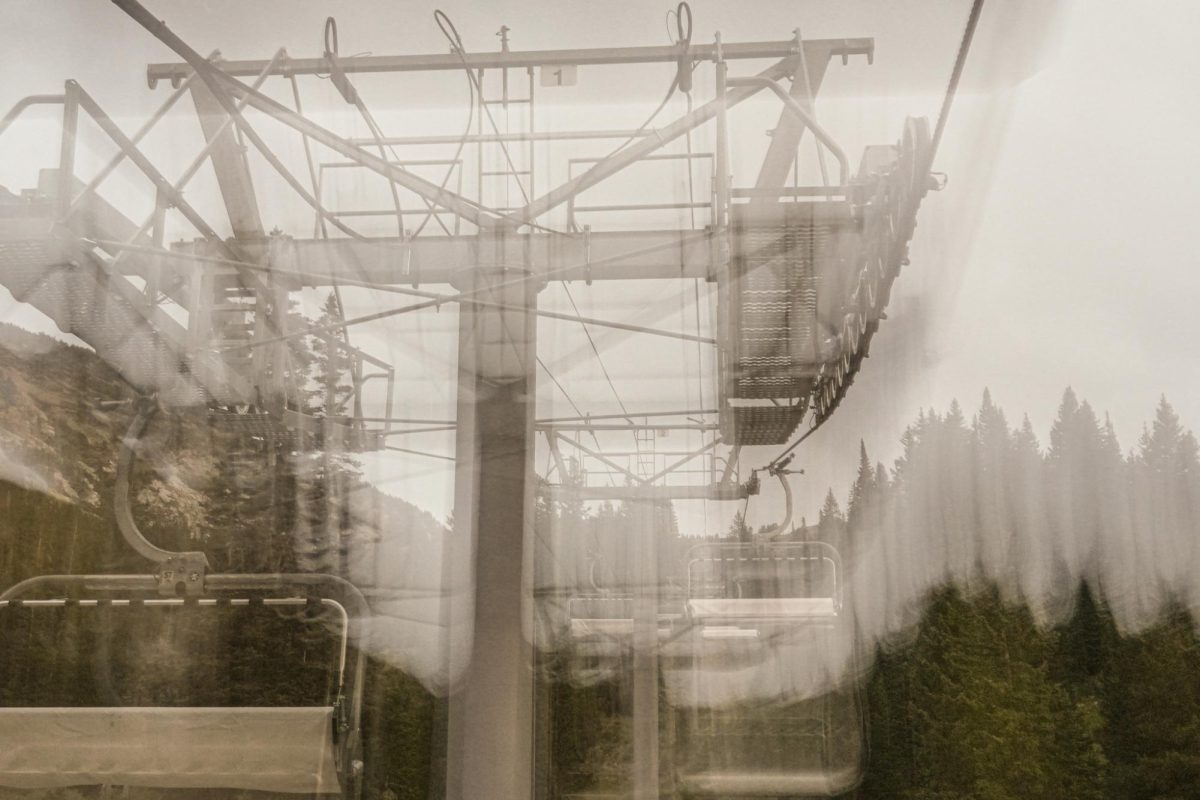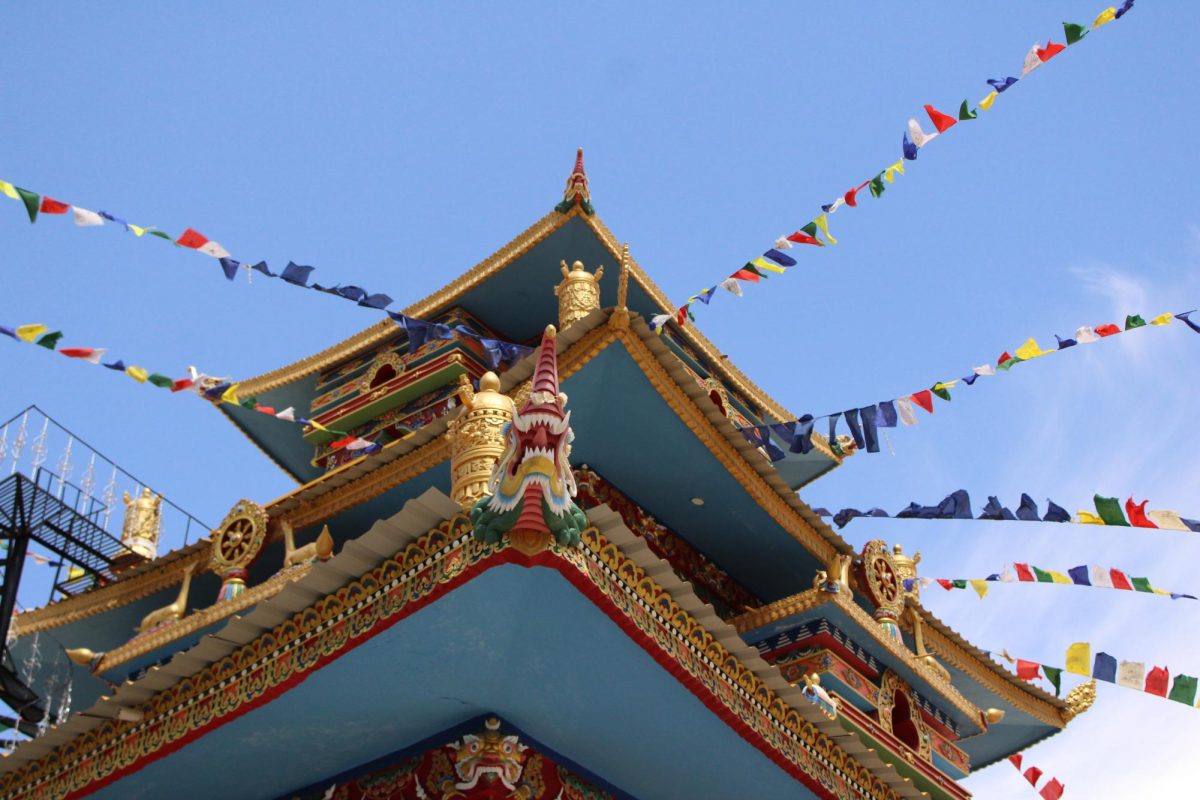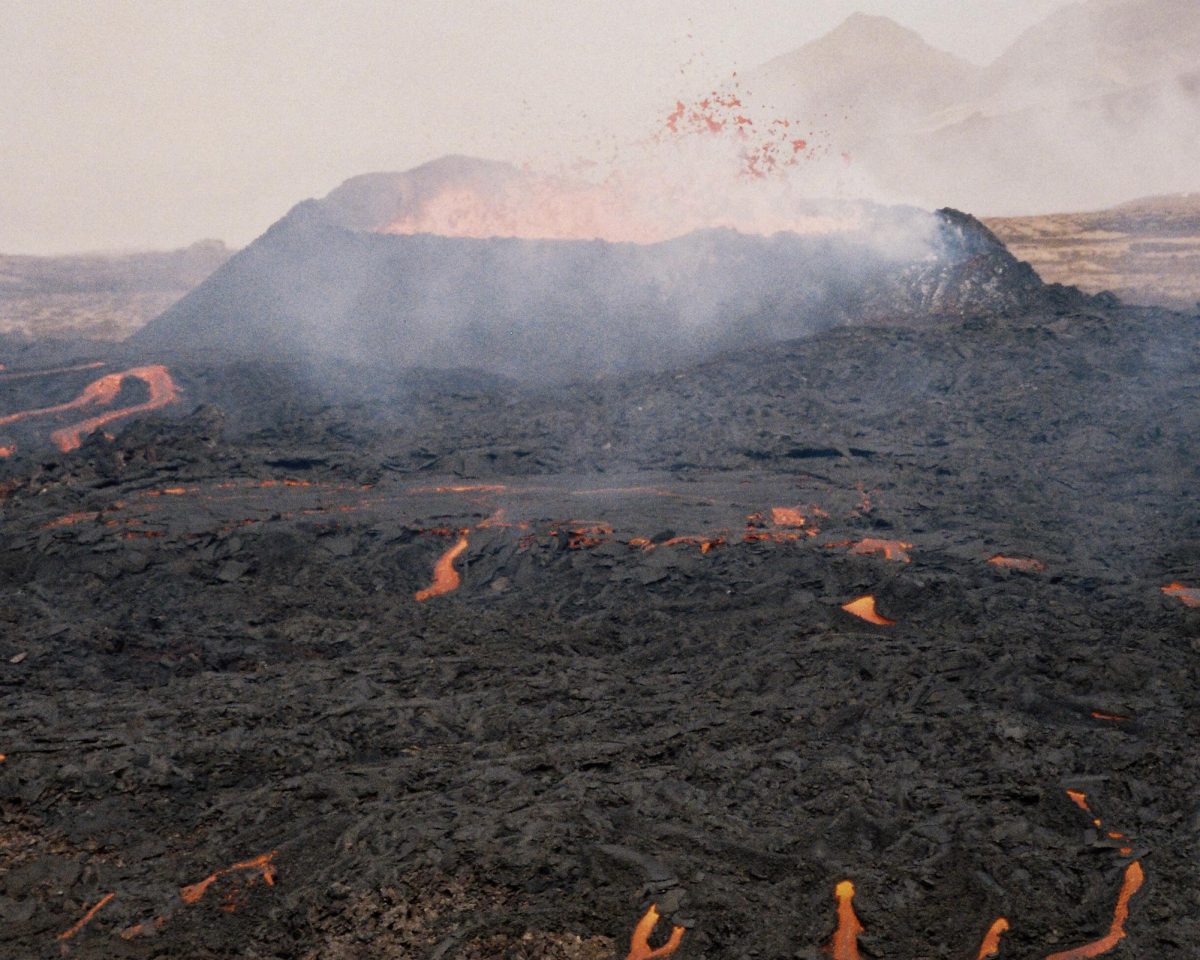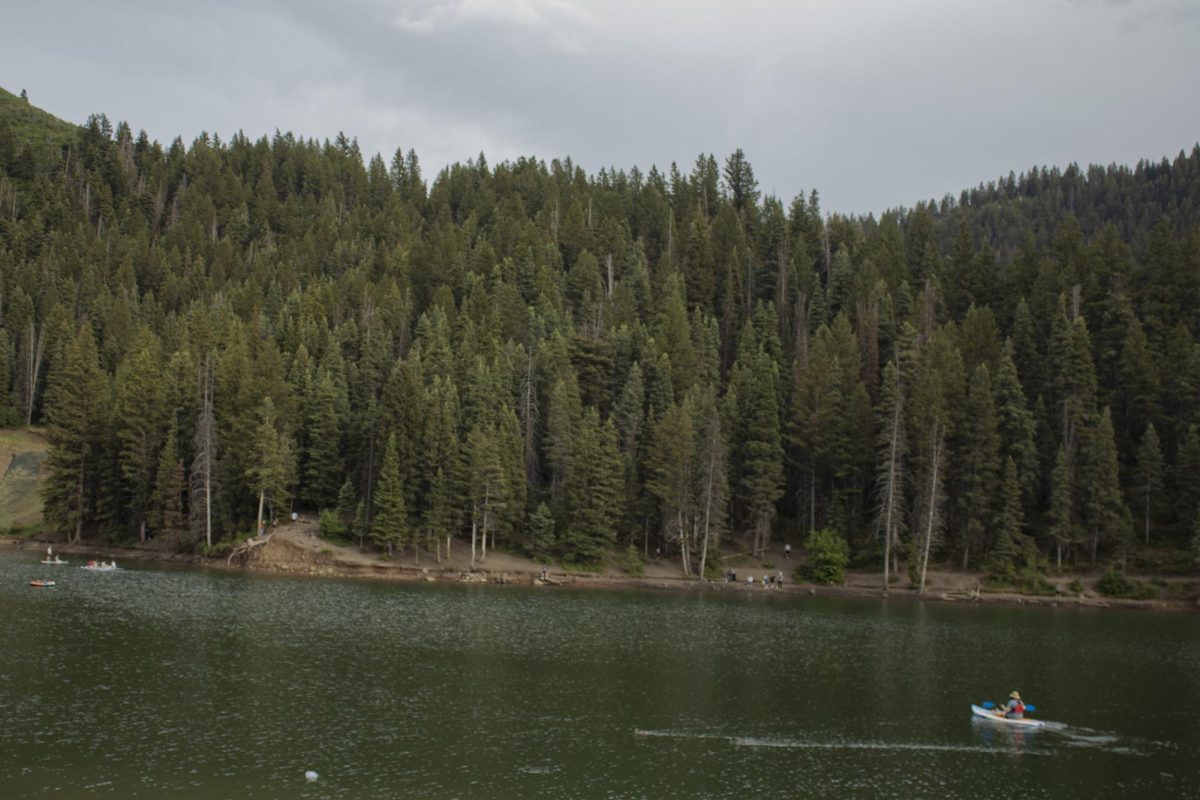How To: Travel Long Term Effectively
November 15, 2021
WARNING: This is not a guide on how to have the most high-class, Instagram-worthy vacation of all time. While some wonderful photos are sure to come from it, the traveling I reference below is more akin to wandering through the woods than going on holiday. In some ways, this is a guide on how to be a traveler, not a tourist. How to live out of a backpack with unlimited time, but limited funding. How to be an active part of the world around you, rather than simply a voyeur. From 2013 to 2018, I traveled between 15 different countries and lived in six different states. The following tips were generated through the numerous failings that I experienced throughout my years on the road.
Know What You Want Out of Your Experience
Are you seeking friends, job experiences, non-stop parties, or a connection to the world at large? There are no wrong answers here, but being a tourist, traveler or expat are all completely different experiences. One month abroad compared to one year requires very different strategies, resources, and mentalities. While each of these will likely play a role in your travels, having goals can provide you with the framework to seek out opportunities, rather than relying on them to fall into your lap. Granted, I’ve known plenty of people who buy nothing but last-minute flights. Many who never know where they will be the following month. Others never work a single day and simply want to make friends, party, rinse, and repeat. By comparison, I had part-time jobs in more than half of the countries I visited. This meant limitations with my time, movement, and social life. Where a week in Slovakia required very little planning, the months spent in Vietnam benefitted from a more developed itinerary. With clearer direction, I found more appealing jobs, budgeted more effectively, and always had secondary and tertiary plans.
Now, TAPER YOUR EXPECTATIONS
Yup, Murphy’s Law is real. Rarely will anything go as planned and you should be prepared to deal with this mentally, physically, and financially. I’ve been hustled, extorted, and stolen from. It turns out drug dealers in the streets of Cartagena, Colombia are in fact NOT interested in being your friend. Who knew? I’ve also had a two-month-long work program in New Zealand fall apart hours before it was supposed to begin. That required a complete overhaul of budgeting, transportation, and accommodation plans. I can tell you that there is little joy in having a full-blown panic attack in the middle of an airport Starbucks in Kuala Lumpur.
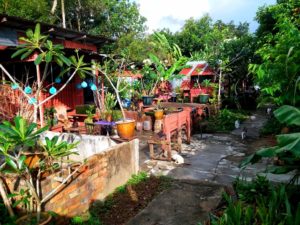 Truthfully, there will always be more variables beyond your control than within them. While having goals can give you a sense of direction, long-term travel requires a level of adaptability that is very seldom seen in a stationary lifestyle. Oftentimes, this reality becomes the crux of the problem for people and should inform the sort of traveling you are seeking out. Most importantly though, you need to know when to bail. Prioritizing your safety and the safety of those around you is integral to being a responsible traveler. I failed at this more times than I care to admit, but I would hope that not everyone needs to wander the streets of Tijuana, Mexico at 2 a.m. looking for their lost tour group member to learn this lesson. I’ve been wildly fortunate to make it out of certain situations as unscathed as I did. Still, I know plenty of people who ended up in jail or the hospital because of pride and recklessness.
Truthfully, there will always be more variables beyond your control than within them. While having goals can give you a sense of direction, long-term travel requires a level of adaptability that is very seldom seen in a stationary lifestyle. Oftentimes, this reality becomes the crux of the problem for people and should inform the sort of traveling you are seeking out. Most importantly though, you need to know when to bail. Prioritizing your safety and the safety of those around you is integral to being a responsible traveler. I failed at this more times than I care to admit, but I would hope that not everyone needs to wander the streets of Tijuana, Mexico at 2 a.m. looking for their lost tour group member to learn this lesson. I’ve been wildly fortunate to make it out of certain situations as unscathed as I did. Still, I know plenty of people who ended up in jail or the hospital because of pride and recklessness.
Work Exchange
Working in exchange for room and board is one of the most effective means of elongating your travel potential. There are multiple ways of finding these programs, but I personally used the website Workaway to find mine. Through Workaway I found jobs building Tiny Houses in Hawaii, teaching English in Vietnam, and working at an animal shelter in Malaysia. Of course, some programs will be better than expected, and some will be much, much worse. For every Meow Island, the aforementioned non-profit animal shelter, you’re sure to find a program built solely to take advantage of low-cost labor, without any concern for safety or mutual respect.
 Regardless, these opportunities allow you to connect directly to a local population as well as other like-minded travelers. They also offer you the potential to find supplementary work, where you may be able to earn some extra cash. I was fortunate enough to actualize this potential when I set up a paid position working aboard a riverboat cruise in Budapest nearly one year after an exchange program. There will always be an inherent risk when taking part in programs like these, so make sure to vet any opportunities you consider through additional research. Otherwise, you’ll learn the hard way that a program inviting you to “train rescue dogs,” could instead simply entail you trying your best to avoid being attacked by more than one of the seventy wild dogs inhabiting a farm in the middle of Kiskunfélegyháza, Hungary.
Regardless, these opportunities allow you to connect directly to a local population as well as other like-minded travelers. They also offer you the potential to find supplementary work, where you may be able to earn some extra cash. I was fortunate enough to actualize this potential when I set up a paid position working aboard a riverboat cruise in Budapest nearly one year after an exchange program. There will always be an inherent risk when taking part in programs like these, so make sure to vet any opportunities you consider through additional research. Otherwise, you’ll learn the hard way that a program inviting you to “train rescue dogs,” could instead simply entail you trying your best to avoid being attacked by more than one of the seventy wild dogs inhabiting a farm in the middle of Kiskunfélegyháza, Hungary.
Check Your Privilege
I mean … you’re traveling the world. How much are you really even allowed to complain? You will learn pretty quickly that Americans have a certain reputation abroad. The general markers surround us being loud, entitled, and culturally rigid. American tourists are known to want a “lite” version of a country and its culture. We want to experience other worlds, but only insofar as we can remain comfortable and in control. As such, I would implore you to actively resist this stereotype and try to give yourself over to whatever culture you are walking into. This means trying to learn the basics of their language, being flexible about your diet, and supporting smaller locally run businesses. So, eat a scorpion or two, pay the street vendor for the slightly withered bouquet of flowers, and lose yourself in the almost offensive amount of karaoke that you will be pressured into. What is a minor inconvenience for you is someone else’s livelihood, or just their way of expressing camaraderie. It’s okay to draw some lines in the sand, but navigate these moments without malice or judgment.
Stretching Your Dollar and Your Connections
Become one with the details! Building itineraries and budget plans will keep the chaos a bit more manageable and let you make smarter decisions with your time and money. Being organized means you spend less time packing and more time exploring. Rather than wasting the daylight in transit, catch overnight transport instead. This leaves one less night you have to pay for a hostel, and an extra full day of sun with which to get lost. Granted, I did end up being tricked into buying a full bottle of scotch aboard the overnight train to Bangkok, but it did make for an interesting next day in wander.
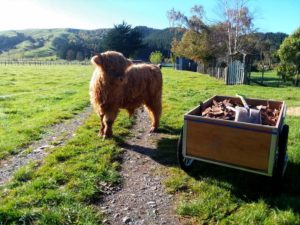 Additionally, I’d recommend that you walk everywhere you can. While not always feasible, exploring the city on foot allows you to experience it in a much less filtered way. Oh, and you’ll also save a whole lotta money. The number of times that I’ve unintentionally wandered into a community festival, found myself down a road less traveled, or even just had an unexpected interaction with a person or animal, makes this point one of my more highly recommended. I once spent five hours touring a city with a stray dog that I named James. To this day it remains one of my fondest memories.
Additionally, I’d recommend that you walk everywhere you can. While not always feasible, exploring the city on foot allows you to experience it in a much less filtered way. Oh, and you’ll also save a whole lotta money. The number of times that I’ve unintentionally wandered into a community festival, found myself down a road less traveled, or even just had an unexpected interaction with a person or animal, makes this point one of my more highly recommended. I once spent five hours touring a city with a stray dog that I named James. To this day it remains one of my fondest memories.
Finally, it’s just good practice to know the cost of living in the countries you want to visit. One USD in Vietnam compared to one in Switzerland are laughably incomparable. The countries you choose will directly impact your longevity and budget requirements.
Pro-tip Gear Stash
For the love of Pete, bring earplugs and an eye mask! It’s amazing to me how few people bring these along when they are choosing to stay in hostels. I’ve shared rooms with as many as 11 strangers, and without fail, at least a few will choose to do their ruckus-making exclusively between the hours of 1 a.m. and 6 a.m.

Invest in an ultralight sleeping bag and travel pillow. I’ve slept on floors and in airports more times than I can count. Being able to guarantee some level of comfort can really impact your mental state through the more transient moments of travel.
A headlamp is crucial for hiking, traveling at night, or even just being a considerate roommate during your 4 a.m. departure. Without a question, this is a must-have.
There are generally lockers in hostels, and having a padlock can be the difference between getting your stuff stolen or not. I’ve seen too many computers and valuables go missing to take the risk otherwise.
There are plenty of places in the world where access to freshwater is a luxury. As such, water filters are an important tool when traveling through some of the more remote parts of the world.
For those of you staying off the grid in terms of mobile plans, have access to offline maps. Star or mark important locations, like your place of residence, on your map when you have Wi-Fi. Now you can get as lost as you want and always find your way back home!
To Tie Up All the Loose Ends
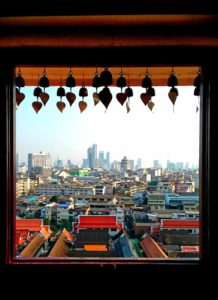 The truth is that traveling is an inherently selfish and privileged endeavor to undertake. Even still, there are clearly better and worse ways of navigating these journeys. Our main goal as travelers should always be to try to leave a place better off than when we arrived. The essential rules on the road aren’t too much different than they are here at home: be humble, be respectful, and help others when you can. If you’re anything like me, you’ll likely make as many bad decisions as you do good ones. What you learn from these mistakes, however, can be as valuable as any success. Remember, while an unaimed arrow never misses, it also rarely ever makes a meaningful impact.
The truth is that traveling is an inherently selfish and privileged endeavor to undertake. Even still, there are clearly better and worse ways of navigating these journeys. Our main goal as travelers should always be to try to leave a place better off than when we arrived. The essential rules on the road aren’t too much different than they are here at home: be humble, be respectful, and help others when you can. If you’re anything like me, you’ll likely make as many bad decisions as you do good ones. What you learn from these mistakes, however, can be as valuable as any success. Remember, while an unaimed arrow never misses, it also rarely ever makes a meaningful impact.


